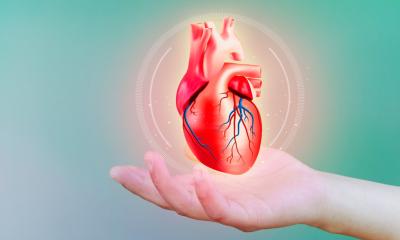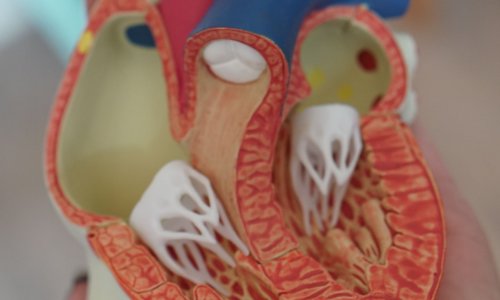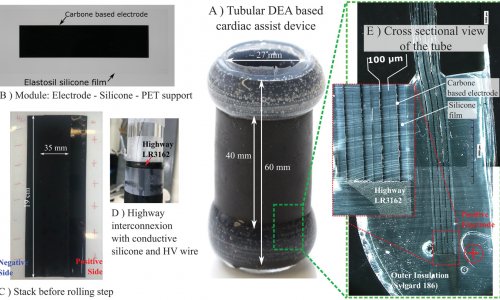Image source: allinonemovie from Pixabay
News • Prevention
High blood pressure causes atrial fibrillation
The first evidence from genetic data that high blood pressure is causally associated with the most common heart rhythm disorder is published in the European Journal of Preventive Cardiology, a journal of the European Society of Cardiology (ESC).
Study author Dr. Georgios Georgiopoulos of King’s College London, UK and National and Kapodistrian University of Athens, Greece said: “Establishing that elevated blood pressure causes atrial fibrillation provides further impetus for public health strategies aimed at improving blood pressure control in the general population and for individual efforts to keep levels in check.”
This indicates that strict blood pressure control could be an effective strategy to stop atrial fibrillation and its complications, which include stroke, heart failure, dementia, and depression
Georgios Georgiopoulos
Atrial fibrillation is the most common heart rhythm disorder, affecting more than 40 million individuals globally. People with the disorder have a five times greater risk of having a stroke. Previous studies have shown an association between high blood pressure and developing atrial fibrillation, but there was no strong evidence of direct causality. To investigate whether blood pressure has a direct impact on the risk of atrial fibrillation, the researchers conducted a naturally randomised controlled trial – called Mendelian randomisation. They used data from the largest genome-wide association study (GWAS) on blood pressure and atrial fibrillation which included more than one million individuals of European ancestry – of which 60,620 had atrial fibrillation and 970,216 did not.
The first step was to identify 894 genetic variants associated with blood pressure. Next, the researchers analysed which of those variants play a role in atrial fibrillation. To conduct the naturally randomised controlled trial, the 894 genetic variants were randomly allocated to all participants at conception, giving each individual a blood pressure level. The investigators then analysed the association between blood pressure and atrial fibrillation. Elevated blood pressure was associated with an increased risk of atrial fibrillation. Specifically, 1 mmHg rises in systolic blood pressure, diastolic blood pressure and pulse pressure were associated with 1.8%, 2.6% and 1.4% relative increases in the risk of atrial fibrillation, respectively. Dr. Georgiopoulos said: “The results provide strong evidence of a causal relationship between blood pressure and atrial fibrillation. Using genetic information in the analyses minimises the likelihood of reverse causality (i.e. that atrial fibrillation causes high blood pressure) or that other traits linked with atrial fibrillation (confounders) were responsible. Our study showed that the relationship was not driven by other conditions including coronary artery disease and obesity.” He concluded: “Our findings confirm the hypothesis that atrial fibrillation is preventable. This indicates that strict blood pressure control could be an effective strategy to stop atrial fibrillation and its complications, which include stroke, heart failure, dementia, and depression.”
Source: European Society of Cardiology
09.02.2021











